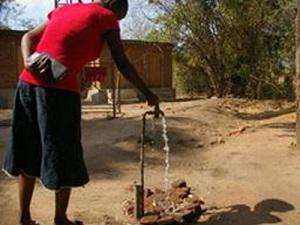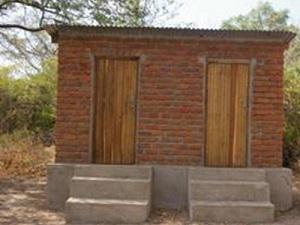Lindsey Merryl Macdonald
The aim of the project is to bring Lengwe NP Students Hostel back into full use, so up to 1000 local schoolchildren a year can stay in the park, learn about local wildlife and the importance of looking after our environment.

In 1928 520 square kilometres of land in the Lower Shire Valley became a game reserve to protect large mammals, particularly the endemic nyala antelope. Later the government reduced the park to 120 sq km to provide agricultural land.

In 1970 Lengwe was given national park status and in 1975 it was extended to 887 sq km to protect the dwindling wildlife and the catchment areas of three rivers. An annual game count by WESM Blantyre over 43 years shows the animal population in the extension is virtually nil. This is due to long-standing illegal agricultural encroachment by local communities and poaching.
We support long-term environmental education, particularly in schools, to bring about long-term behaviour change: training and networking teachers, helping create tree nurseries, producing EE resource materials etc. In 2010 we have 352 schools affiliated. Most people in Malawi have never visited a park, so cannot understand or appreciate their wildlife heritage.
Several years ago, we built the hostel so that young people can have a direct wildlife experience, led by wildlife experts. We want to get the hostel back into working condition as soon as possible so we can increase student visits, particularly from communities surrounding the national park. The hostel allows wildlife clubs to stay in the park one or two nights, so they benefit from intensive lectures, walks and drives from DNPW EE officers. School parties arrive by foot or by hiring a bus – there is no public transport, so their visit has to be cost-effective.
This project is to internally refurbish the students’ hostel:
• provide a reliable water supply
• create composting toilet facilities
• purchase the equipment needed to make the hostel functional, such as mattresses and bedding, electric rings for cooking and a fridge.
The work needed is installing 300m of water piping to run from the existing water tank to the main supply and the creation of two composting pit latrines – one for girls and one for boys.